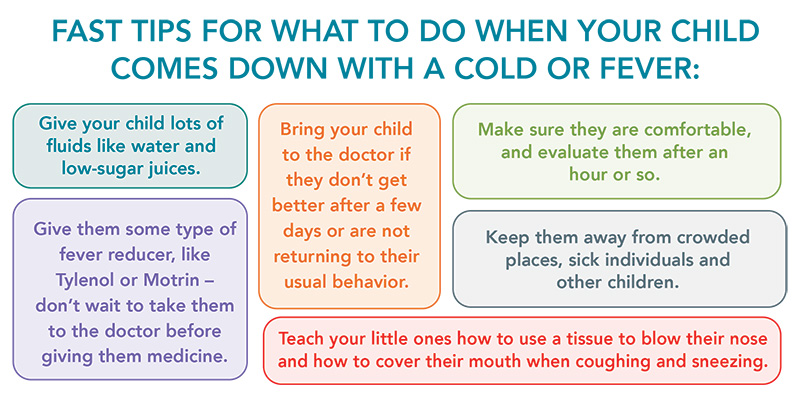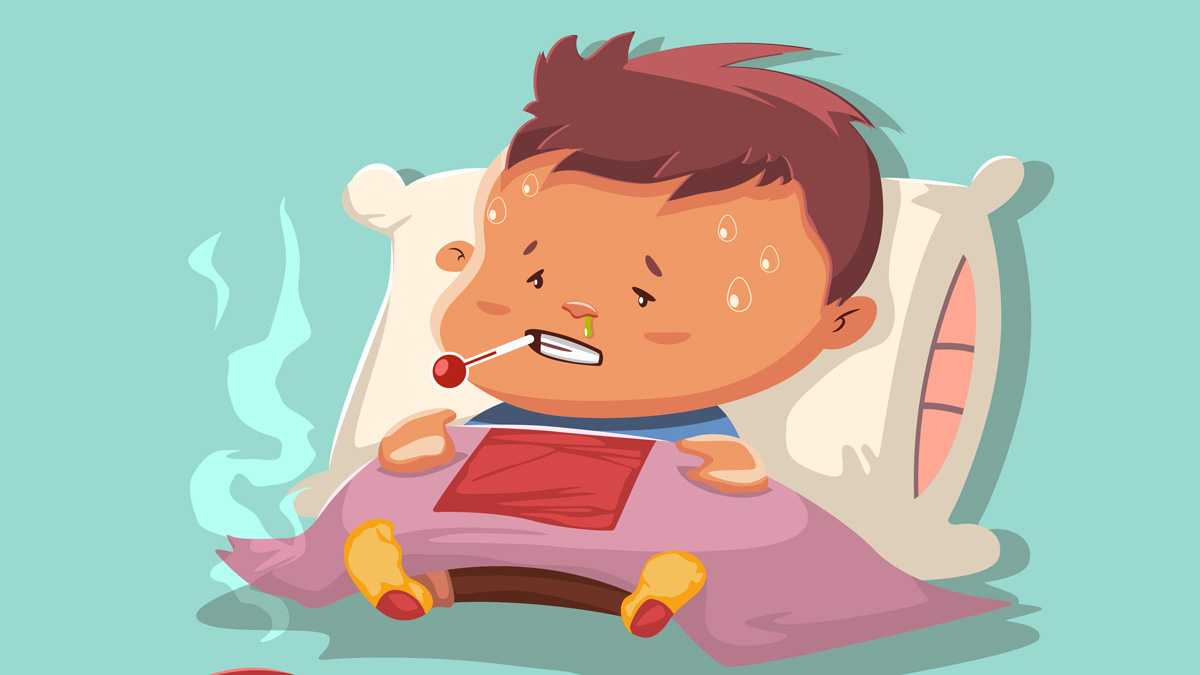For many parents, a sick child is a stressful experience that overwhelms them with worry. Fortunately, we live in an age where preventive and curative information for a sick child is readily available. It can be overwhelming trying to dig through the vast amounts of home remedies and advice littered in the comments sections of friends and families’ Facebook pages though, so it’s important to listen to medical experts such as Dr. Shana Bondo, medical director at After Hours Care in Charleston.
“We see everything from sports-related injuries to respiratory viruses,” said Dr. Bondo. “Most illnesses are seasonal. We see more infections with younger children, as they’re not as good at keeping their hands to themselves. Certainly a lot of fever – fever being the first sign of infection.”
Every parent is different. Some will rush their child to the doctor at the first sign of a fever, while others are more comfortable administering medicine and monitoring the child’s demeanor.
“Families have different sensitivities to fever and things like that. The first step any parent should take when their child gets hurt or sick is in making them comfortable. I’m often surprised to find some parents haven’t given their child any medication before coming to see us,” Dr. Bondo said.
She suggested that it’s likely parents want the doctor to see their child with the full intensity of symptoms, thereby allowing them to more clearly diagnose their illness. But that isn’t actually the best way to handle their child’s illness and doesn’t help the doctor make a more accurate diagnosis.
“Don’t wait. Make them comfortable. If they have a fever, give them something like Tylenol or Motrin. Rest. Fluids. They should be feeling better in about an-hour-and-a- half, and, if they begin to do the things they usually do, like playing, you can be assured they are likely OK. If you give them fever medication and their fever is down but they still don’t feel well, that could be a sign that you may want to bring them in for care,” she said.
The immune system is essentially the crime fighter of the body, and doctors have done a lot of work in understanding the important role our natural defenses play in keeping children healthy.
Part of this work is in understanding the connection between the mind and the body. While it doesn’t account for a large portion of cases, Dr. Bondo said they do see patients regarding mental health concerns and how important caring for the whole patient is.
“Certainly, we see mental health complaints as well. We live in such a connected world where social activities are available in ways that weren’t necessarily available before, which gives kids more outlets, but that also comes with added social pressures that can manifest in different, challenging ways,” she said.
This hyper-connected world also presents a challenge when a child gets sick. They can now log on and see their friends getting together or watch a sporting event they want to attend – or they can choose to go out and play when they should be quarantined from other kids to prevent spreading the illness.
“Teenagers many times can be easier than children,” said Dr. Jack Cleland at Spartanburg Regional. “They can tell you what is going on or hurting, but many of the same rules for care apply.”
A serious misconception that Dr. Cleland highlighted was mistaking a breathing issue for “sounding congested.”
“These children are struggling to breathe. Breathing issues can be an emergency and they need to be seen ASAP,” he said.
Things like bug bites, rashes and minor injuries are perhaps just as inevitable as the occasional cold, especially if you have an active child. The best way to treat a small bite is to disinfect the affected area with soap and water and apply antibiotic ointment.
If it’s a rash, you can use 1% hydrocortisone cream to relieve the itching and give them a cool bath without soap to relieve itchy flare-ups. If the rash is accompanied with a fever, peels, oozes, swells or doesn’t get better after two days, you’ll want to get your child to a doctor. Of course, very small children under 6 months old would need to be seen quickly to make sure they receive the best care possible.
The truth is, children are very resilient, and the majority – over 85% of children in the United States – are considered to be in excellent health. With the appropriate actions taken for prevention and cure, most children will be right back to their normal selves, allowing you and your child to leave the worry and stress behind.
By James Crawford

